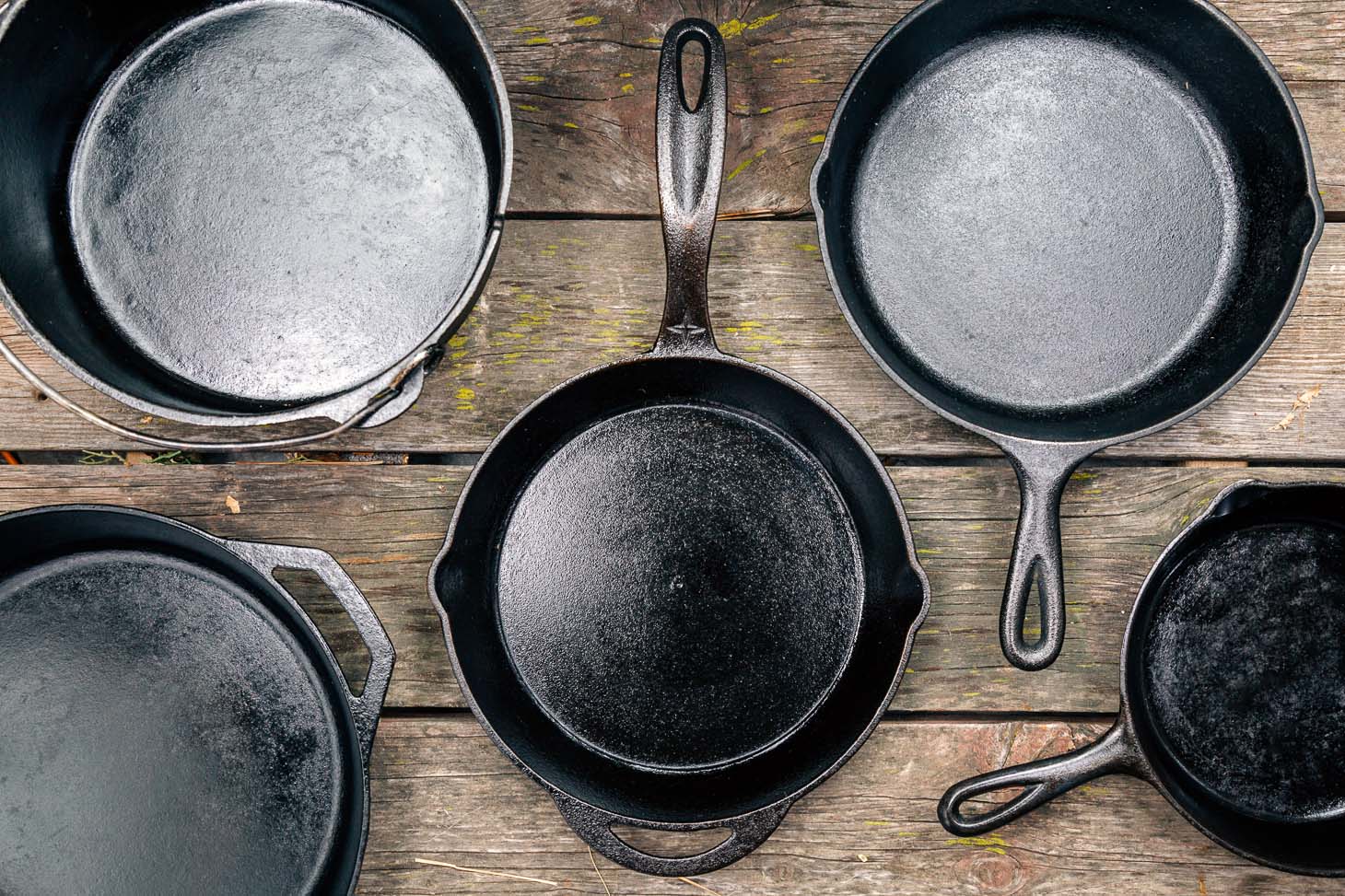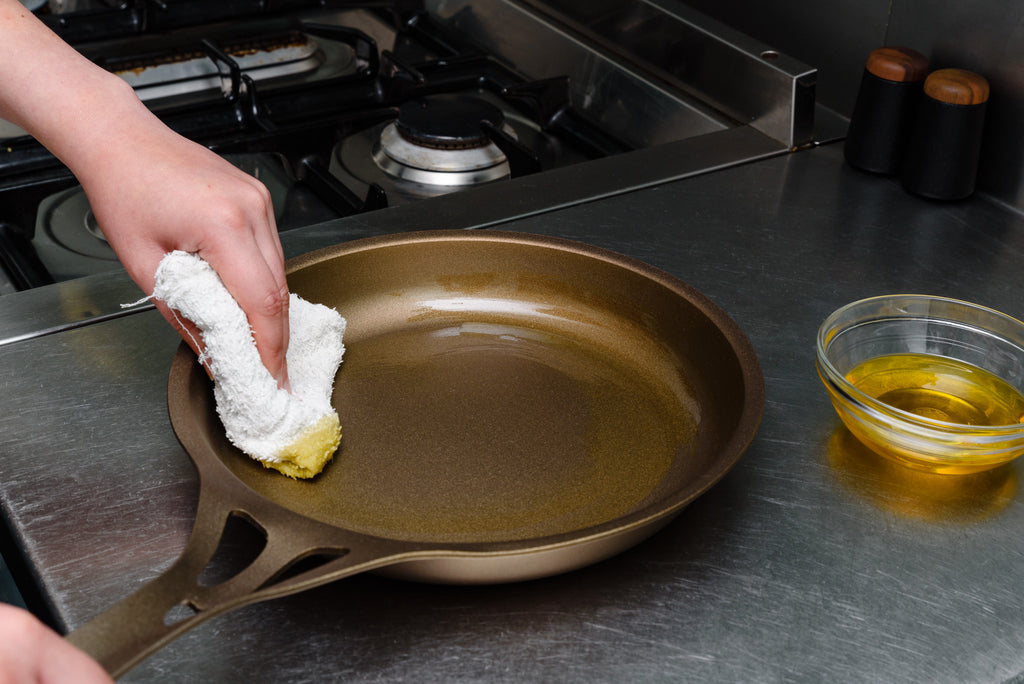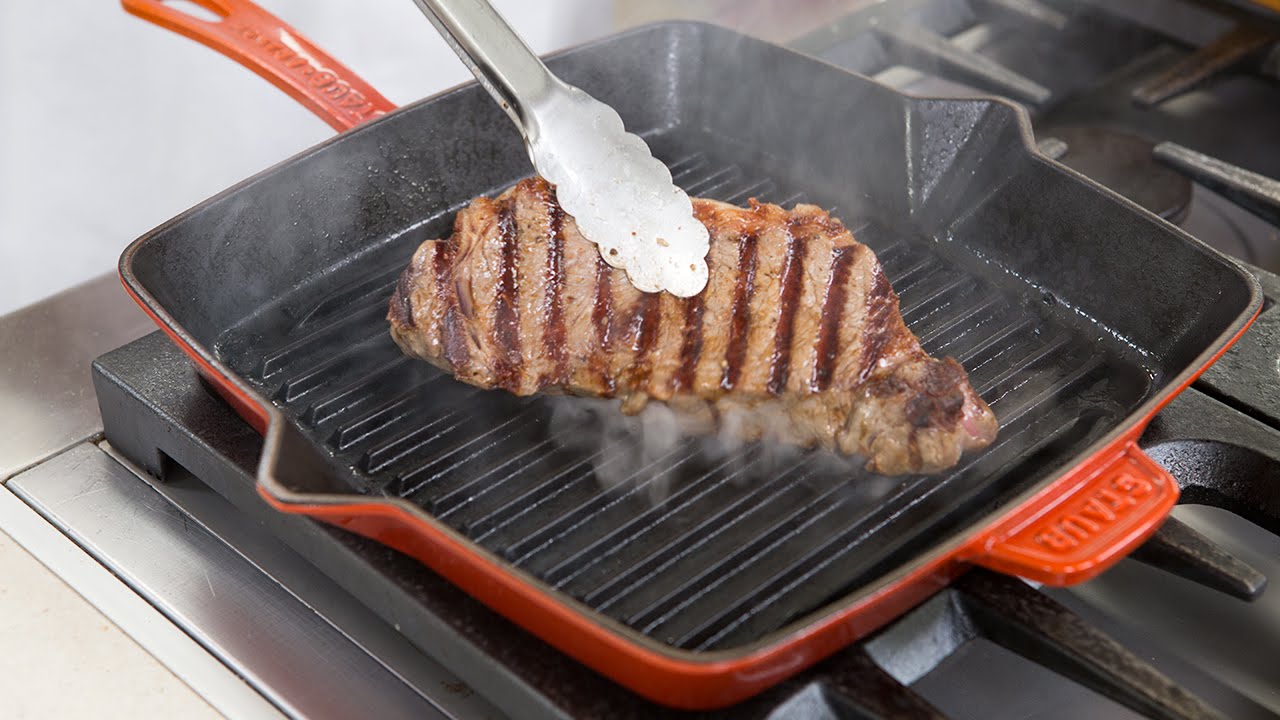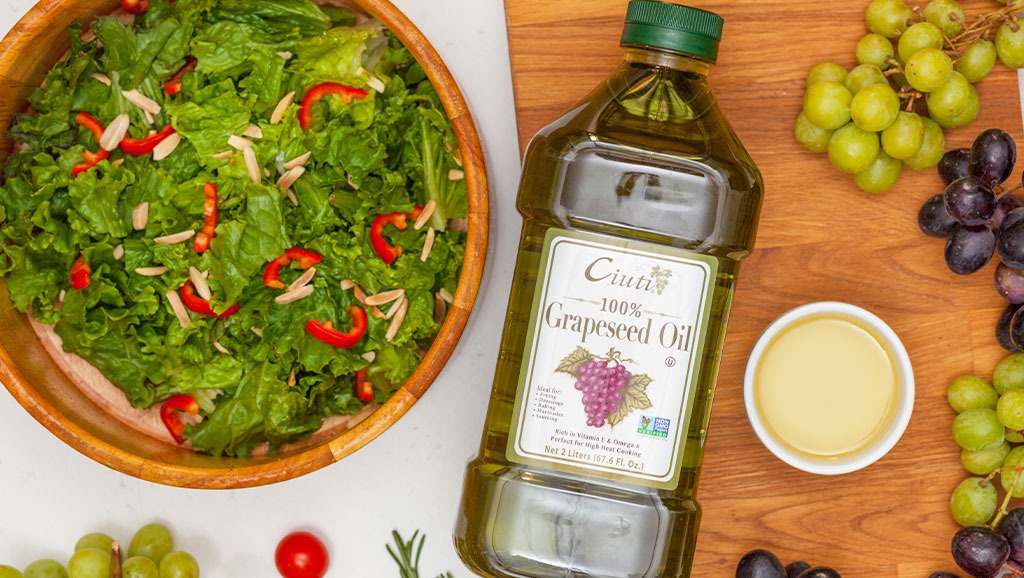Are you a culinary enthusiast grappling with the nuances of caring for cast iron? Learning how to identify when your cast iron needs seasoning can significantly improve the quality and performance of your cookware. Proper seasoning not only optimizes cooking but also extends the longevity of your beloved skillet.
In this guide, we'll explore the various signs that suggest your cast iron skillet could use a fresh layer of seasoning. From spotting signs of wear to understanding the fundamentals of seasoning, we are here to assist you. Lets dive in and ensure your cast iron remains in excellent shape!

Why Seasoning Cast Iron Is Essential
Before we dive into the indicators that your cast iron might need a touch-up, its important to discuss the significance of seasoning for this cookware. Seasoning establishes a non-stick layer and shields the cast iron from moisture and rust. It also elevates the flavor of your culinary creations, resulting in delightful dishes.
A well-seasoned skillet cooks food uniformly and is easier to clean, making it an indispensable tool in every kitchen, especially for professional chefs.
Key Indicators That Your Cast Iron Needs Seasoning
If youre an experienced cook, being attentive to the state of your kitchen tools is crucial. Here are some important signs that your cast iron skillet may need to be seasoned:
- Rust: If you observe reddish-brown spots, its a clear indication of rust; this means your skillet isn't properly seasoned.
- Sticky Surface: A sticky texture suggests that the skillet has absorbed too much fat and is due for re-seasoning.
- Flaking: Noticeable flaking of the seasoned layer means it's time to strip the old seasoning and re-apply.
- Food Sticking: If food begins to stick to the pan, this typically indicates that the seasoning layer is compromised.
- Dull Appearance: A lackluster finish suggests the seasoning is wearing off, signaling a necessity for re-seasoning.
How Frequently Should You Season Your Cast Iron?
There are no strict rules governing how often to season your cast iron cookware. However, seasoning it regularlygenerally every few monthscan help in maintaining its quality. Depending on how regularly you use your skillet and how well you care for it, you may need to adjust the frequency of seasoning.
Distinguishing Between Light Touch-Ups and Full Seasoning
Understanding when to perform a simple touch-up versus a complete seasoning can save you time and effort. Minor signs of wear such as slight dullness or mild stickiness usually warrant just a light touch-upan application of oil is sufficient. In contrast, serious issues like significant rust or heavy food buildup call for a more thorough re-seasoning.
Selecting the Ideal Oil for Seasoning
Choosing the **appropriate oil** is crucial for seasoning your cast iron cookware. Flaxseed oil is a favored choice among professionals for its high smoke point and ability to create a lasting coating, but oils like canola or vegetable oil also work well.
Steps for Effectively Seasoning Your Cast Iron
Heres a simple guide for seasoning your cast iron cookware:
- Clean Your Skillet: Start with hot, soapy water to scrub the skillet thoroughly, removing dirt and rust. Make sure to rinse it well.
- Dry Completely: Ensure your skillet is completely dry to avoid moisture-induced rust.
- Apply Oil: Use a paper towel to apply a thin layer of oil over the entire surface.
- Bake: Turn the skillet upside down in the oven at 450F for an hour to create a firm protective layer.
- Cool Down: Switch off the oven and allow the skillet to cool down inside.
For further insights, you can check out this resource from Over the Fire Cooking.

Maintaining Your Seasoned Cast Iron Cookware
Once your skillet is seasoned, proper maintenance is essential. Avoid using soap during cleaning; instead, rinse with hot water and scrub with a brush. For tougher residues, a bit of salt can serve as an effective abrasive. Always dry your skillet right away and apply a light coat of oil before storing it.
Frequently Asked Questions About Cast Iron Seasoning
- What oils can I use for seasoning?
- Various oils can be used, such as flaxseed oil, canola oil, and vegetable oil, each with unique benefits relating to smoke points and flavor retention.
- How can I revive an old cast iron skillet?
- Begin by removing the old seasoning with an abrasive cleaner. After cleaning, follow the seasoning steps again.
- Do I need to season my cast iron after every use?
- No, its unnecessary to season it after every use. However, applying a light maintenance coat after cooking regularly can extend the seasoning's life.
For more information on caring for cast iron, check out Maintaining Cast Iron, Sanitizing Cookware, and Cooking Halibut.
As an Amazon Associate, I earn from qualifying purchases.






Leave a comment
This site is protected by hCaptcha and the hCaptcha Privacy Policy and Terms of Service apply.